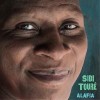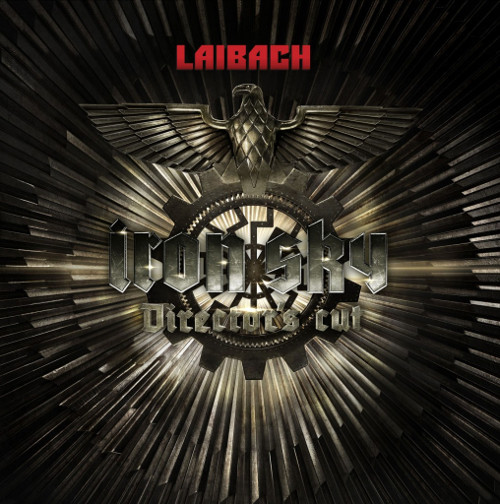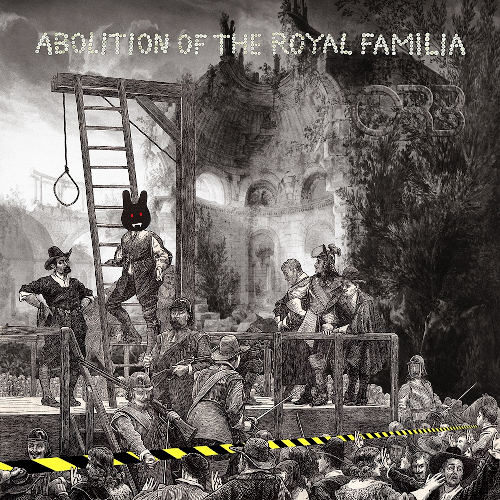 Getting the hastily-search engined blurb out of the way: Sidi Touré (no relation to the other famous musicians with the same last name from the same country) is from Mali; Mali’s had it pretty rough of late, and seems to be in a tempestuous state politically. I shan’t embarrass myself by feigning more than a cursory awareness but the appearance of a number of conflicting voices (and actual violent actions) are dividing the nation. And from this tension, Touré is apparently bringing lyrical expression to these tensions.
Getting the hastily-search engined blurb out of the way: Sidi Touré (no relation to the other famous musicians with the same last name from the same country) is from Mali; Mali’s had it pretty rough of late, and seems to be in a tempestuous state politically. I shan’t embarrass myself by feigning more than a cursory awareness but the appearance of a number of conflicting voices (and actual violent actions) are dividing the nation. And from this tension, Touré is apparently bringing lyrical expression to these tensions.
So the blurb also mentions things about this being a soup of different, localised traditions – various dances and different melodic forms. But of course, my main experience with Malian music is a few Radio 3 documentaries (including a wonderful Kershaw one which is well worth a listen). So I’ve really no idea about how successful that is.
What little there is here that’s directly understandable by me is pretty unequivocal – “Peace in Mali/Peace in Africa” (“La Paix”) – a lovely downtempo intro that turns into some busy, double-time chanting and digressive soloing. Touré’s guitar variations swing through some bluegress-alike detournements and major triads – he’s an exceptionally resourceful player. He sticks mostly to staccatto plucking, meaning the guitar is rarely differentiated from the n’goni (a kora-like instrument bringing much of the rhythmic fireworks here). And Touré’s very generous with his band – as with good old jazz bands, most tracks leave a hefty wedge of bars for instrumental variations.
Elsewhere, we’ve got a fantastically gratuitous acid electric guitar solo (“Ay Takamba”) which makes me wonder if the key to not being crap at psychedelia (ie, most psych bands) doesn’t lie in making a decision whether or not to be totally on it rhythmically (as here) or sloppy as hell (Acid Mothers). It’s only a bar or two of mildly absurd, protruding sunflare but it’s enough to cement Touré as a guitarist worth listening to – if the rest of more discrete and intricate playing wasn’t enough.And discretion is probably the order of the day – while Touré’s a household name in Mali, a lot of the really intricate plucking and variation here isn’t quite overwhelming – meaning that it was probably seven or eight listens in before it stopped sounding like pleasant, summer-y drift and started clicking into a space of “crikey, he’s a bit good.” It might be that a lot of folk have more acute ears than me but it did take me a wee while to get into the swing of this. Everything’s very tight, so you have to keep a close ear out for the mild deviations and odd little tempo-wobbles but it’s one of those “rewarding after a few listens” numbers.
Probably worth noting that Oxfam have worked with Touré and are currently raising cash for the area so, y’know, have a look because stuff’s getting pretty harsh out there.
-Kev Nickells-



